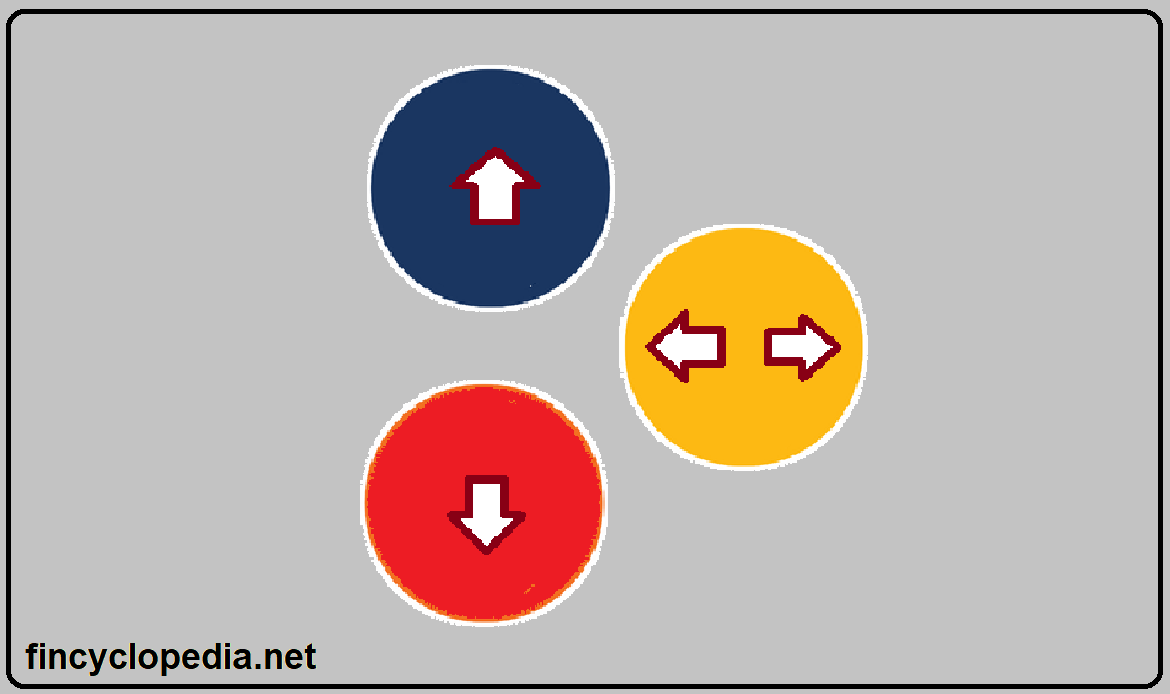Historical cost accounting is one of the essential bases for preparation of financial statements, whereby measurement of value is based on a relatively (though not invariably) static or consistent convention, i.e, historical cost (HC). By definition, it constitutes the original cost (acquisition price and other necessary costs) of an asset (and broadly any element on an entity’s financials) at the time of acquisition (at initial recognition). The historical cost of an asset does not only correspond to the market price at the time of purchase, but it also accounts for any costs that an entity incurs in the acquisition process.
The main advantages of historical cost include:
- The financial statements, by convention, reflects the past performance of an entity (i.e., its performance over the course of a financial period that has ended).
- Historical cost constitutes the amount that was actually paid for an item, and as such it is more realistic and objective (at a given point in time) than an amount that would be paid (or have been paid).
- It meets the criteria of data integrity where judgement and modifications are not the norm.
- Income information for a year/ period ended projects the revenue generation process over the respective year or period.
- The effect of market prices and fair value adjustment (for specific types of assets) can be reported under supplementary disclosures.
- Profit is usually calculated as the excess of selling price over historical cost.
- Acquisition cost is more realistic for an entity than market price (given the specificity of a transaction).
- It is based on actual, not merely would-be or future, transactions.







